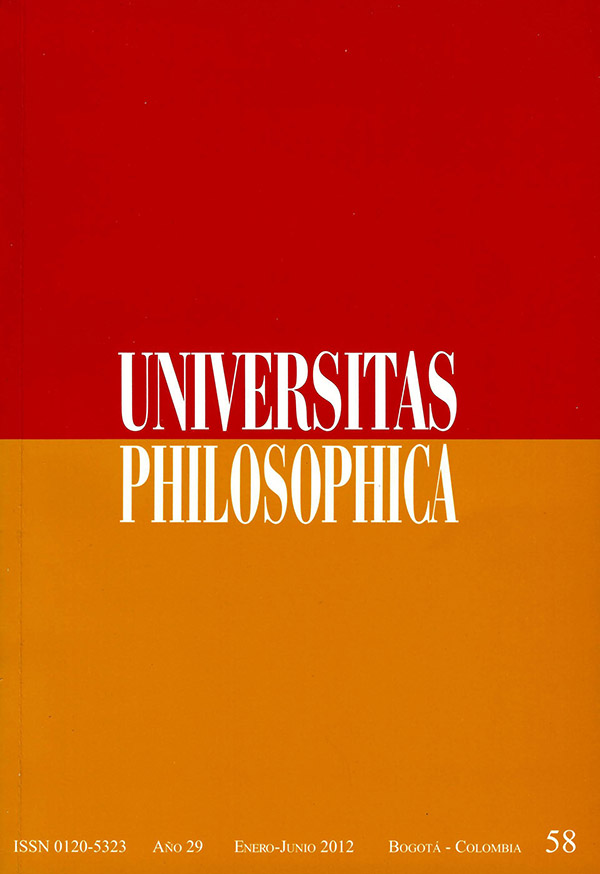Abstract
Our reflection on Schopenhauer’s foundational project in The World as Will and Representation, I & II, will be done in two separate texts. In this, the first one, we will examine Schopenhauer’s intention of making a de-individualization of the subject as a condition to release it from suffering in the world. The scope of this intent will be reviewed in the light of the aporetic circular movement characteristic of his main work. We will especially focus on the analysis of the aesthetic contemplation as a first attempt to achieve some temporary salvation from suffering. This attempt is however determined by the methodological effort to make the world something of mine for all time. Because of this determination, efforts devoted to an aesthetic contemplation are revealed as futile, thus showing the need to step into the path of asceticism developed in the fourth book, which will undergo a thorough examination in the second text to appear in the next issue of this journal.
This journal is registered under a Creative Commons Attribution 4.0 International Public License. Thus, this work may be reproduced, distributed, and publicly shared in digital format, as long as the names of the authors and Pontificia Universidad Javeriana are acknowledged. Others are allowed to quote, adapt, transform, auto-archive, republish, and create based on this material, for any purpose (even commercial ones), provided the authorship is duly acknowledged, a link to the original work is provided, and it is specified if changes have been made. Pontificia Universidad Javeriana does not hold the rights of published works and the authors are solely responsible for the contents of their works; they keep the moral, intellectual, privacy, and publicity rights.
Approving the intervention of the work (review, copy-editing, translation, layout) and the following outreach, are granted through an use license and not through an assignment of rights. This means the journal and Pontificia Universidad Javeriana cannot be held responsible for any ethical malpractice by the authors. As a consequence of the protection granted by the use license, the journal is not required to publish recantations or modify information already published, unless the errata stems from the editorial management process. Publishing contents in this journal does not generate royalties for contributors.


